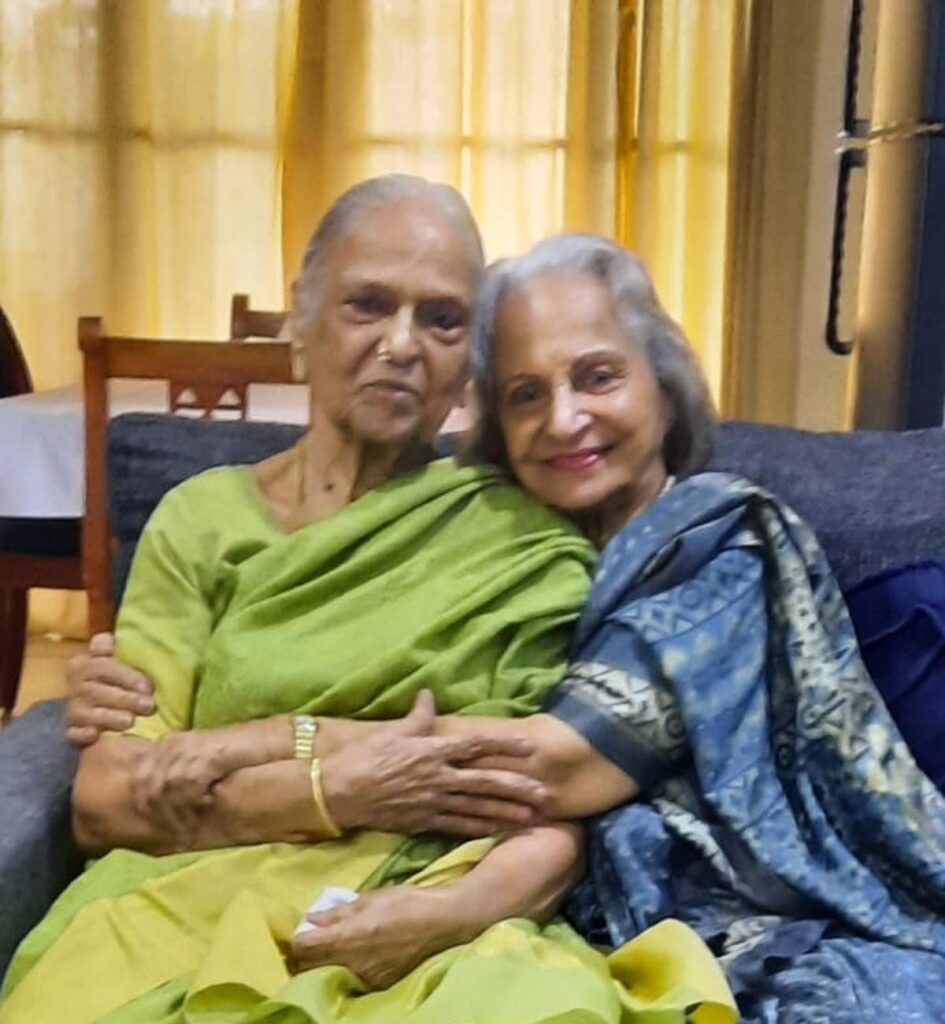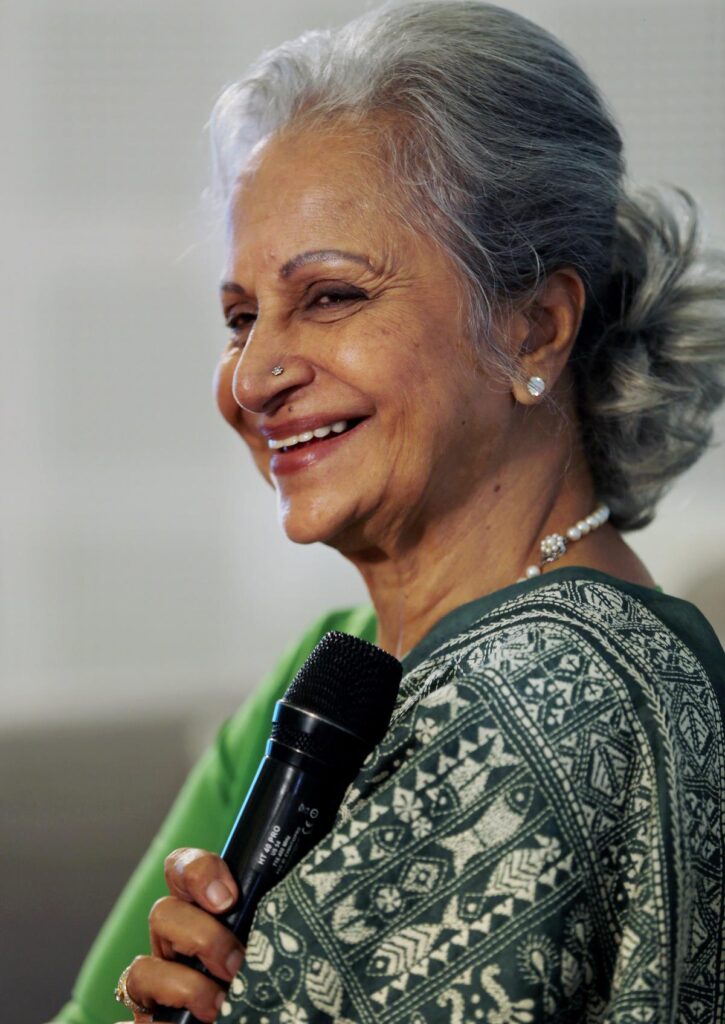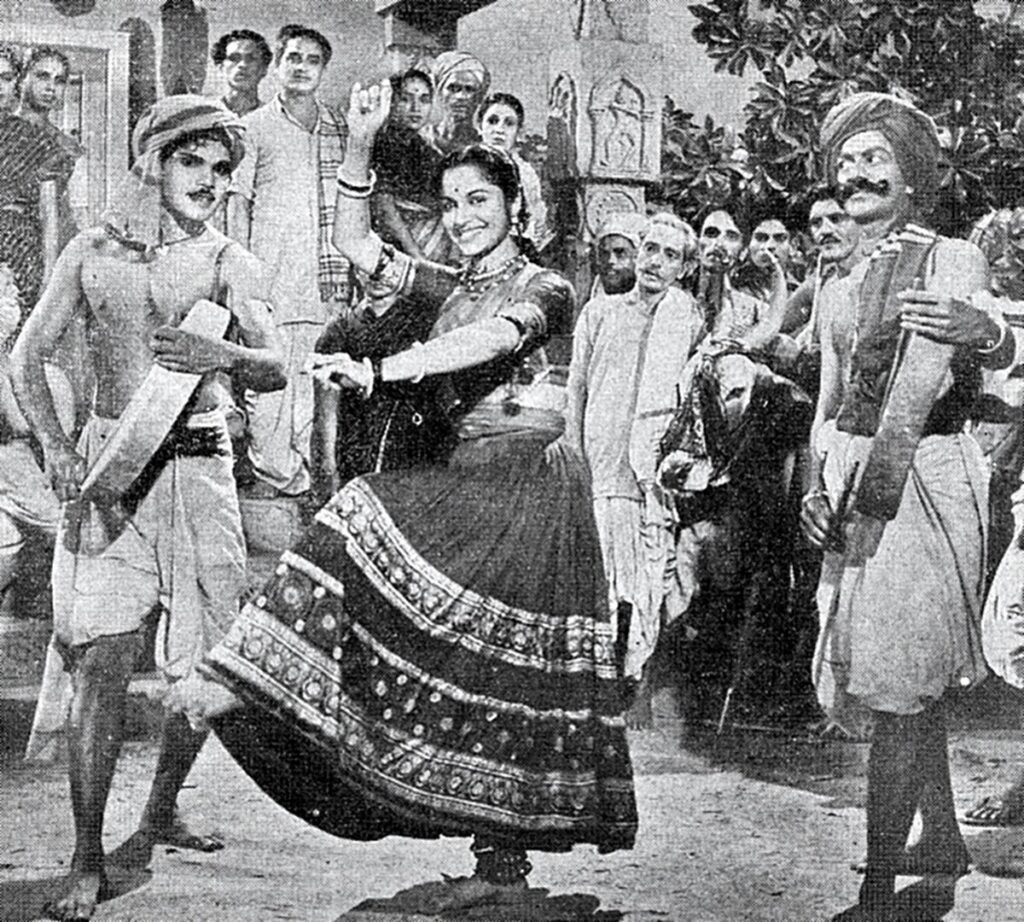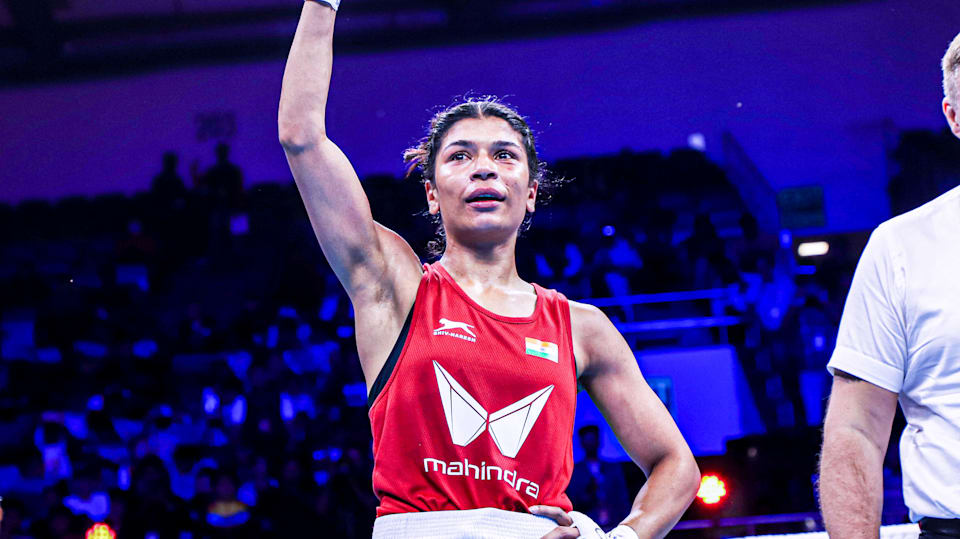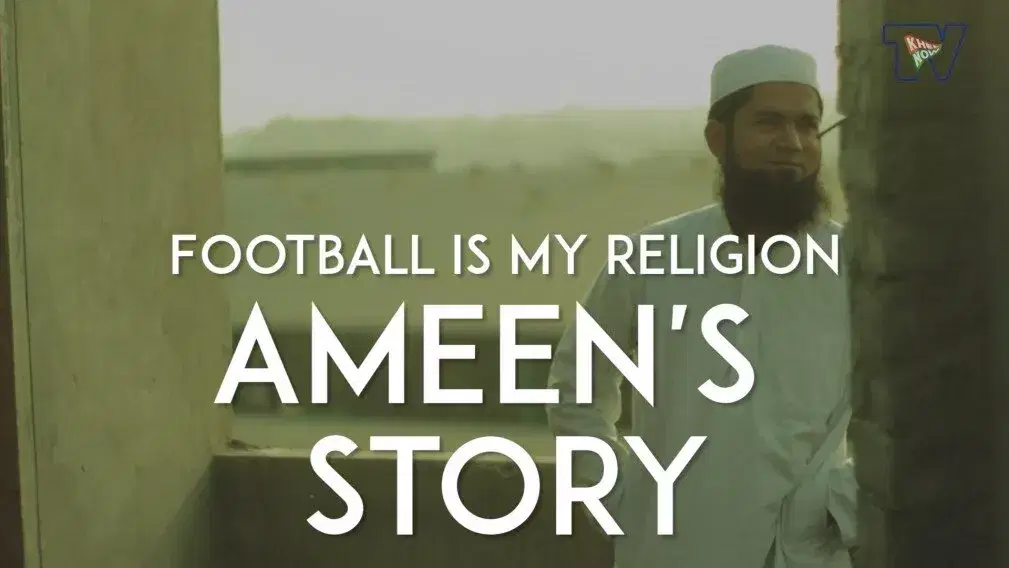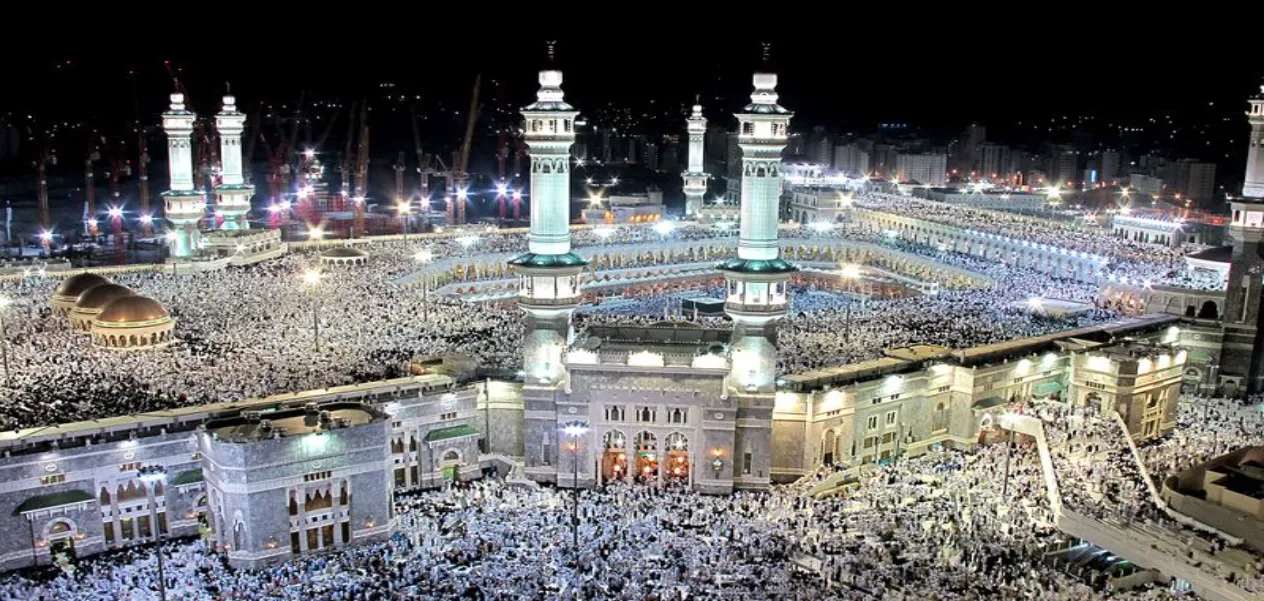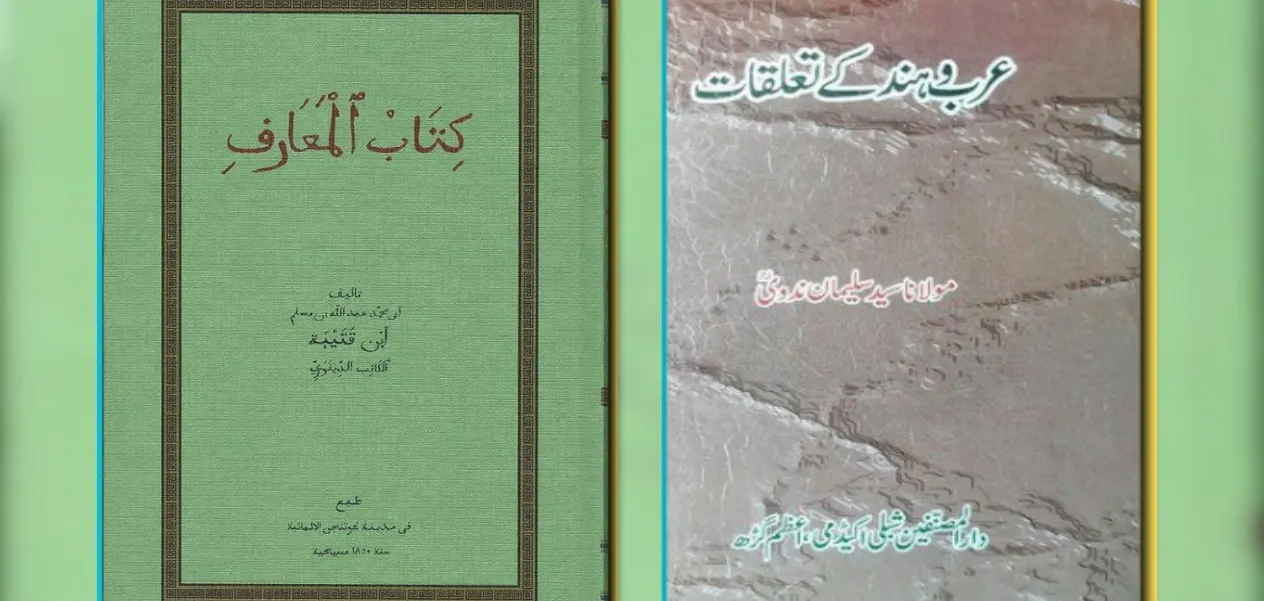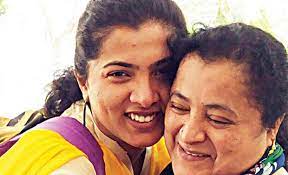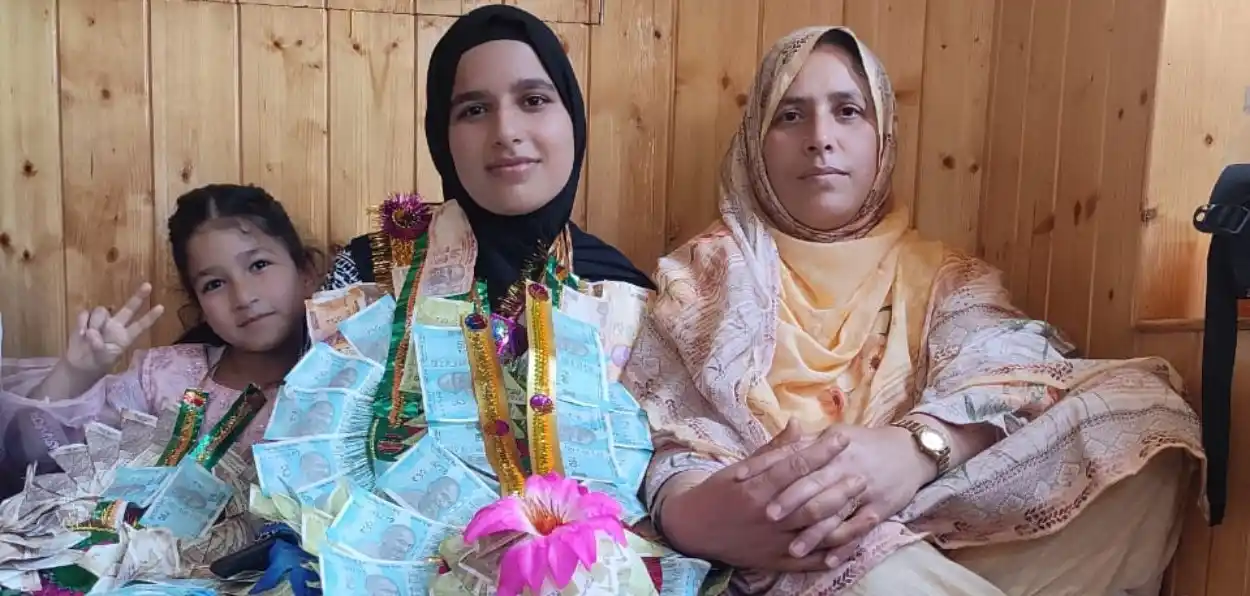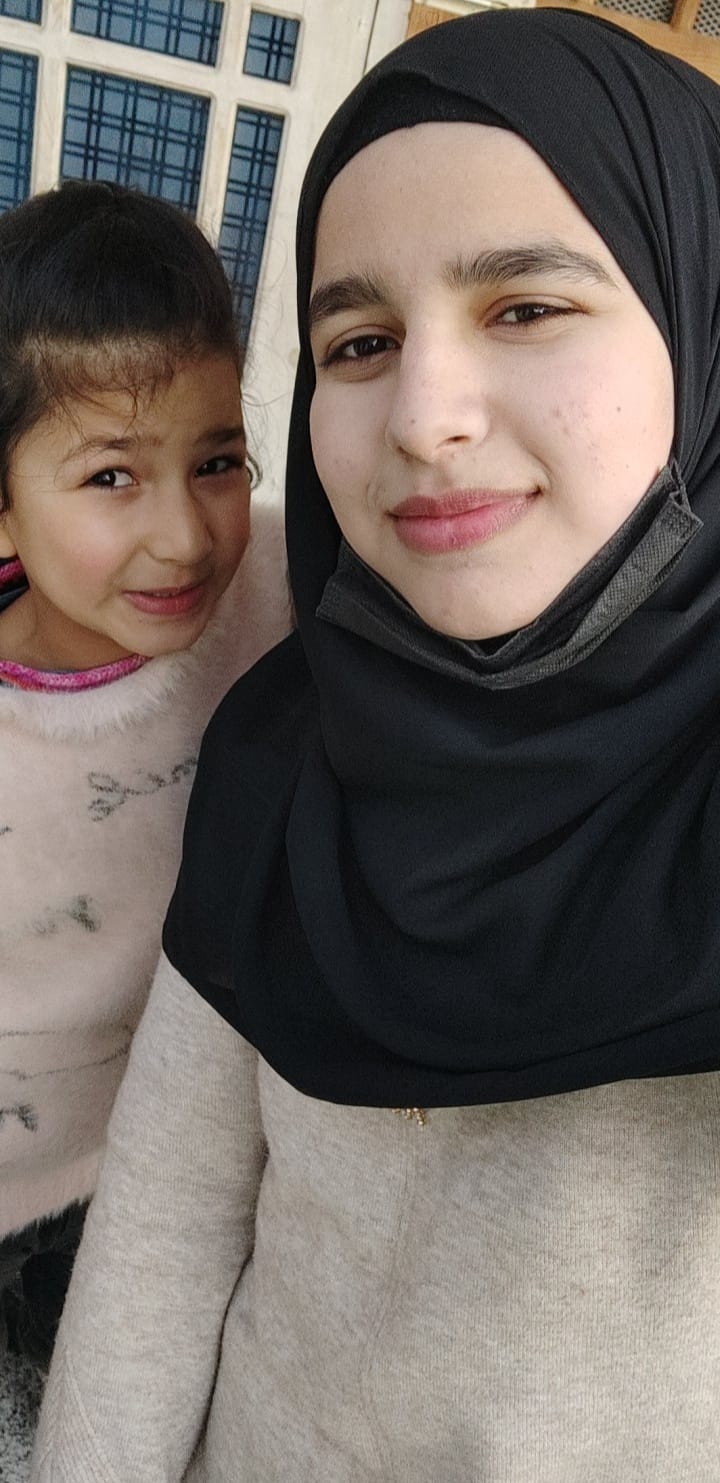Chengalputtu, TAMIL NADU / Mumbai, MAHARASHTRA:
Waheeda Rehman, 85, is a towering legend of Indian cinema known for iconic roles in films like ‘Guide’, ‘Pyaasa’ and ‘Kaagaz Ke Phool’
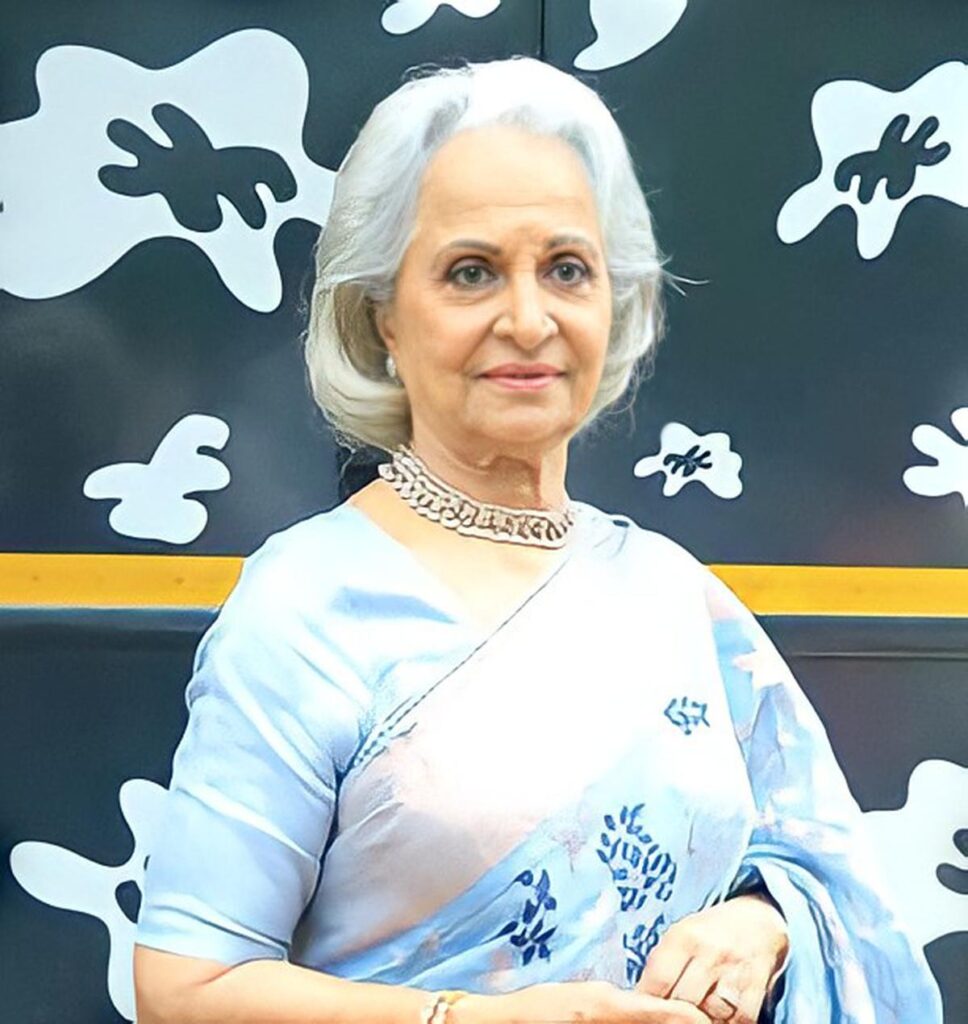
Union Information and Broadcasting Minister Anurag Thakur on September 26 announced that veteran Bollywood actor Waheeda Rehman would be conferred with the Dadasaheb Phalke Lifetime Achievement Award for 2021, honouring her stellar contribution to Indian cinema.
Prime Minister Narendra Modi congratulated the 85-year-old actor through an X (formerly Twitter) post. “Delighted that Waheeda Rehman Ji has been honoured with the Dadasaheb Phalke Lifetime Achievement Award. Her journey in Indian cinema has left an indelible mark. A beacon of talent, dedication and grace, she embodies the best of our cinematic heritage. Congratulations to her,” he said.
Ms. Rehman has been critically acclaimed for her roles in Hindi films, prominent among them being Pyaasa, Kaagaz ke Phool, Chaudhavi Ka Chand, Saheb Biwi Aur Ghulam, Guide and Khamoshi.
The announcement coincides with the birth centenary of Dev Anand, who had worked with Ms. Rehman in the classics like Guide (1965), an adaptation of R. K. Narayan’s book; and crime thriller C.I.D. (1956), which was her first Hindi film. Earlier, she had acted in Telugu films Rojulu Maraayi and Jayasimha, which were released in 1955.
“In her career spanning over five decades, she has essayed her roles with extreme finesse, leading to a National Film Award for her role as a clanswoman in the film Reshma and Shera. A Padma Shri and Padma Bhushan awardee, Waheeda ji has exemplified dedication, commitment and the strength of a Bharatiya Nari who can achieve the highest level of professional excellence with her hard work,” said Mr. Thakur.
The Minister said: “At a time when the historic Nari Shakti Vandan Adhiniyam (women’s reservation Bill, 2023) has been passed by Parliament, her being awarded this lifetime achievement award is a fitting tribute to one of the leading ladies of Indian Cinema and one who has dedicated her life after films to philanthropy and the greater good of society.”
The award will be presented during the 69th National Film awards ceremony. The Dadasaheb Phalke Award selection committee comprised prominent Indian cinema personalities, Asha Parekh, Chiranjeevi, Paresh Rawal, Prosenjit Chatterjee and Shekhar Kapur.
Ms. Rehman has worked in more than 90 films. She won the Filmfare Best Actress Award for her roles in Guide and Neel Kamal (1968). She also bagged the National Award for Best Actress (1971) and was honoured with the Padma Shri by government in 1972 and the Padma Bhushan in 2011.
source: http://www.thehindu.com / The Hindu / Home> Entertainment> Movies / by The Hindu Bureau / September 26th, 2023
